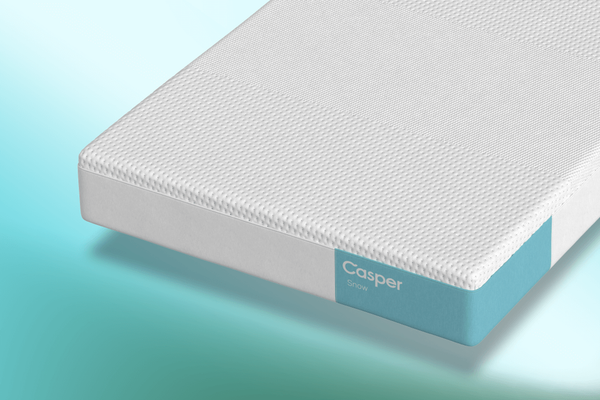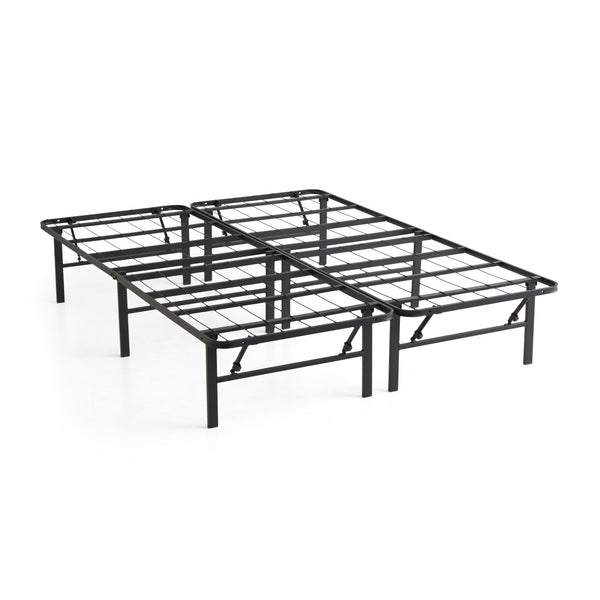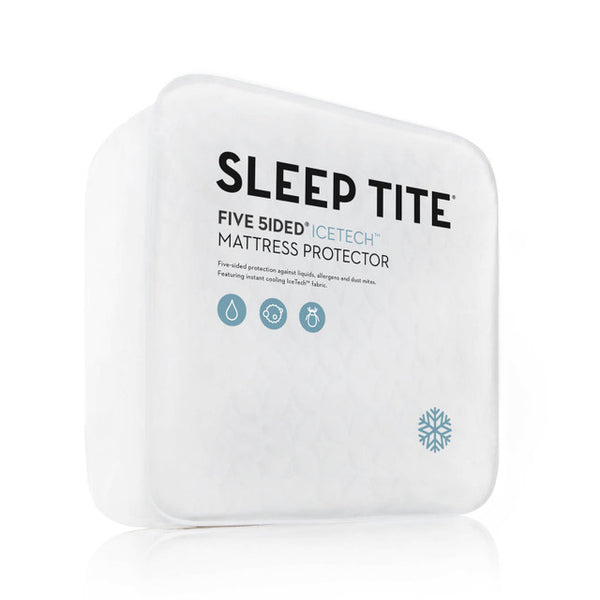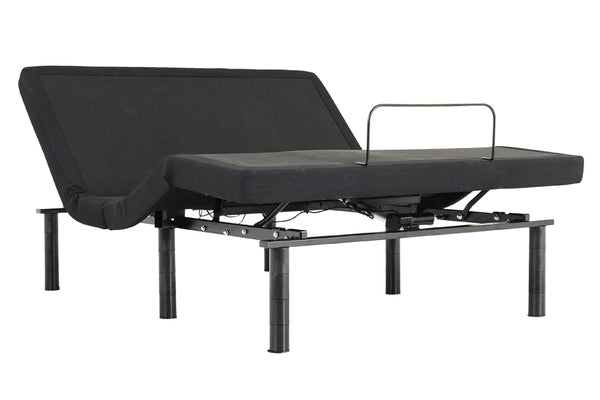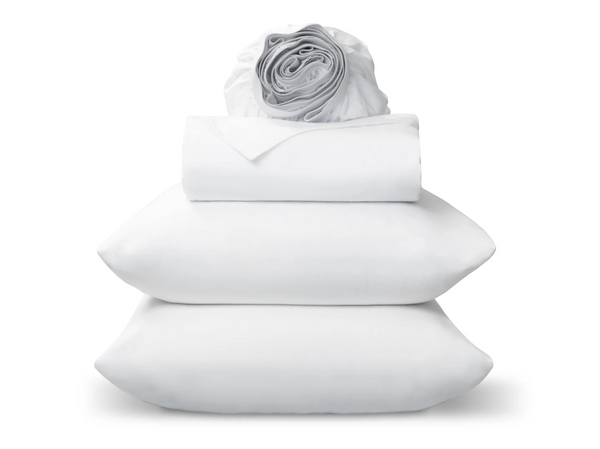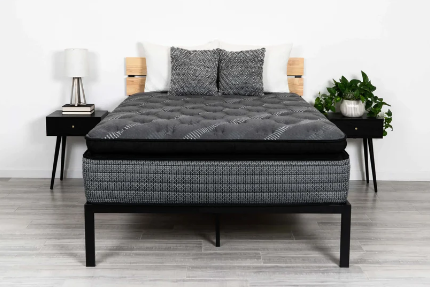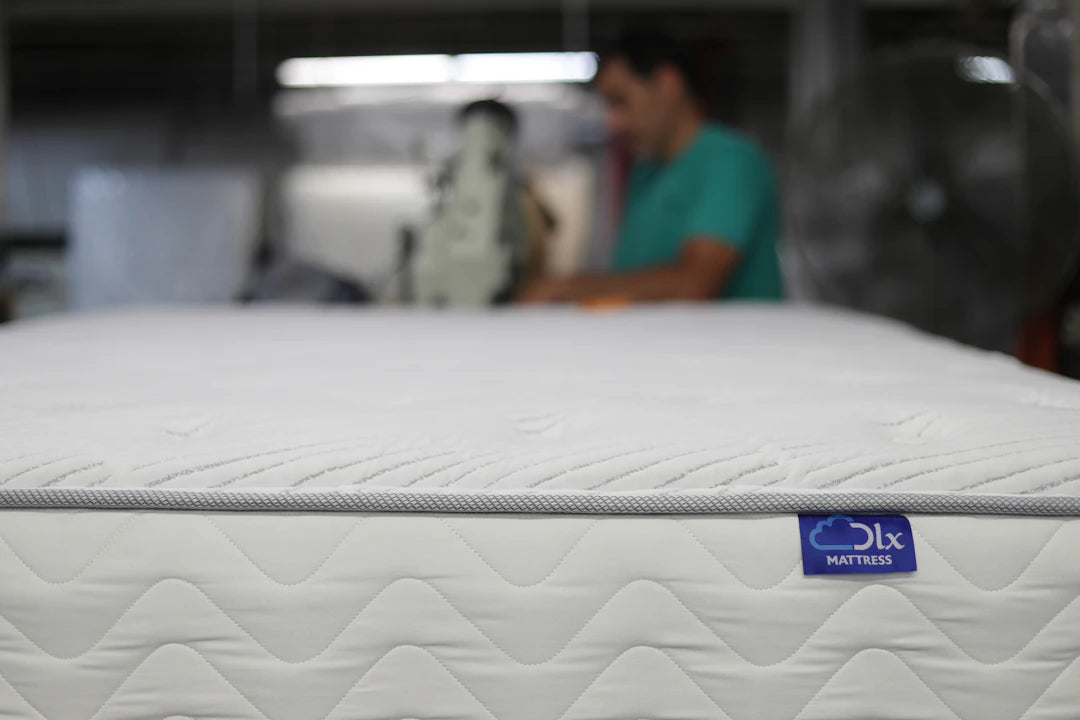
Frequently Asked Questions
1. What is mattress firmness?
2. How does my sleeping position affect mattress firmness choice?
3. What firmness level is best for side sleepers?
4. Do heavier individuals need different mattress firmness?
5. Can I test a mattress before purchasing?
Choosing the right mattress firmness can drastically affect your sleep quality, comfort, and overall well-being. With numerous options available, it's crucial to understand how the firmness level aligns with your sleeping style. In this guide, we'll demystify mattress firmness, helping you make an informed decision to elevate your sleep experience. Let’s dive into the key factors that will help you choose the right firmness level based on your individual needs.
Understanding Mattress Firmness
Mattress firmness refers to the level of resistance a mattress provides when you lie down. Firmness is typically rated on a scale from 1 to 10, where 1 is extremely soft and 10 is extraordinarily firm. Understanding this rating system is fundamental to choosing a mattress that supports your sleeping style.
The Firmness Scale Explained
- Soft (2-4): Offers a plush feel, excellent for those who prefer sinking into their bed.
- Medium (5-7): Strikes a balance between softness and support, popular among a wide range of sleepers.
- Firm (8-10): Provides robust support, ideal for back sleepers and those needing extra spinal alignment.
Your Sleeping Position Matters
Your primary sleeping position plays an essential role in determining the right mattress firmness level. Different sleeping styles require varying levels of support to ensure comfort and spinal alignment. Let’s break down how firmness impacts different sleeping positions.
Back Sleepers
If you sleep on your back, you require a mattress that offers good support for your spine's natural curves. A medium to medium-firm mattress (5-7 on the firmness scale) is generally ideal. It prevents any lower back strain while providing enough cushioning for comfort. Look for a mattress that offers both support and slight contouring to your lower back area.
Side Sleepers
Stomach Sleepers
Stomach sleeping can often lead to back pain if not supported properly. To mitigate this risk, stomach sleepers should opt for a firmer mattress (6-8 on the firmness scale). The added firmness helps maintain proper spinal alignment by preventing the hips from sinking too deeply into the mattress.
Body Weight and Mattress Firmness
Your body weight significantly influences the firmness level suitable for you. Heavier individuals may require a firmer mattress for adequate support, while lighter individuals might find a softer surface more comfortable. Understanding the relationship between your weight and mattress firmness can further personalize your sleep setup.
Lightweight Sleepers (Under 130 lbs)
Lightweight individuals often benefit from softer mattresses. A firmness level within the range of 3-5 can provide both comfort and support, allowing for better contouring to the body’s curves. If you are a side sleeper, you may prefer a true soft mattress to mitigate pressure on your shoulders and hips.
Average-weight Sleepers (130-230 lbs)
Those in the moderate weight range typically find success with medium firmness (5-7) as it offers a well-rounded combination of comfort and support. This is often the most versatile firmness option, accommodating various sleeping positions effectively.
Heavier Sleepers (Over 230 lbs)
Heavier individuals generally need a firmer mattress (7-9) for optimal support. A mattress that is too soft may lead to excessive sinking and poor spinal alignment. Look for mattresses designed specifically for larger frames, featuring durable materials that can withstand additional weight.
Material Matters
The material of your mattress will not only affect comfort but also how well it maintains its firmness over time. Understanding different mattress materials can further inform your choice:
- Memory Foam: Known for its contouring properties, it tends to provide excellent pressure relief, making it suitable for side and lightweight sleepers.
- Innerspring: Typically offers a firmer feel, providing a good bounce and support, making it ideal for back and stomach sleepers.
- Latex: Offers a balance between support and comfort, with a responsive feel that can cater to a variety of sleeping positions.
- Hybrid: Combines the advantages of multiple materials, often offering a mix of support and cushioning suitable for many sleepers.
Temperature Sensitivity and Firmness
Temperature sensitivities can also be influenced by mattress firmness and materials. Some mattress types, particularly those made of memory foam, can trap heat, possibly leading to an uncomfortable sleeping experience. Consider how well a mattress regulates temperature in conjunction with its firmness:
- Memory Foam: Retains heat but newer ventilated or gel-infused options can help.
- Innerspring: Typically offers better airflow due to its structure, keeping sleepers cooler.
- Latex: Offers good temperature neutrality while still providing substantial comfort.
Testing Mattress Firmness
Before making a decision, it's advisable to test the mattress. Most reputable retailers offer a trial period. During this time, you can gauge its suitability for your sleeping style. Here are some tips for testing:
- Spend at least 10-15 minutes lying in your primary sleeping position.
- Pay attention to any pressure points that may arise.
- Consider how the mattress feels when changing positions.
Common Myths About Mattress Firmness
There are several misconceptions regarding mattress firmness that can lead to confusion. It's essential to debunk these myths to make an informed choice:
-
Myth 1: A firmer mattress is always better for your back.
Reality: The ideal firmness level should align with your sleeping position and personal comfort preferences. -
Myth 2: Soft mattresses are only for side sleepers.
Reality: Soft mattresses can also be suitable for lightweight back sleepers who need pressure relief. -
Myth 3: All memory foam mattresses feel the same.
Reality: There are significant differences in foam density and quality among brands.
Finish Line: Crafting Your Sleep Sanctuary
Choosing the right mattress firmness level is paramount in designing your personal sleep sanctuary. You've learned how sleeping positions, body weight, mattress materials, and even temperature sensitivities influence your choice. Testing mattresses is an effective way to ensure that you find the one that meets your personal comfort for revitalizing sleep.
As you venture into selecting the perfect mattress, keep in mind that your sleep quality should never be compromised. Embrace this journey with an open mind, and prepare to unlock a new world of restorative sleep tailored specifically for you. Sweet dreams are just a firmness level away!

